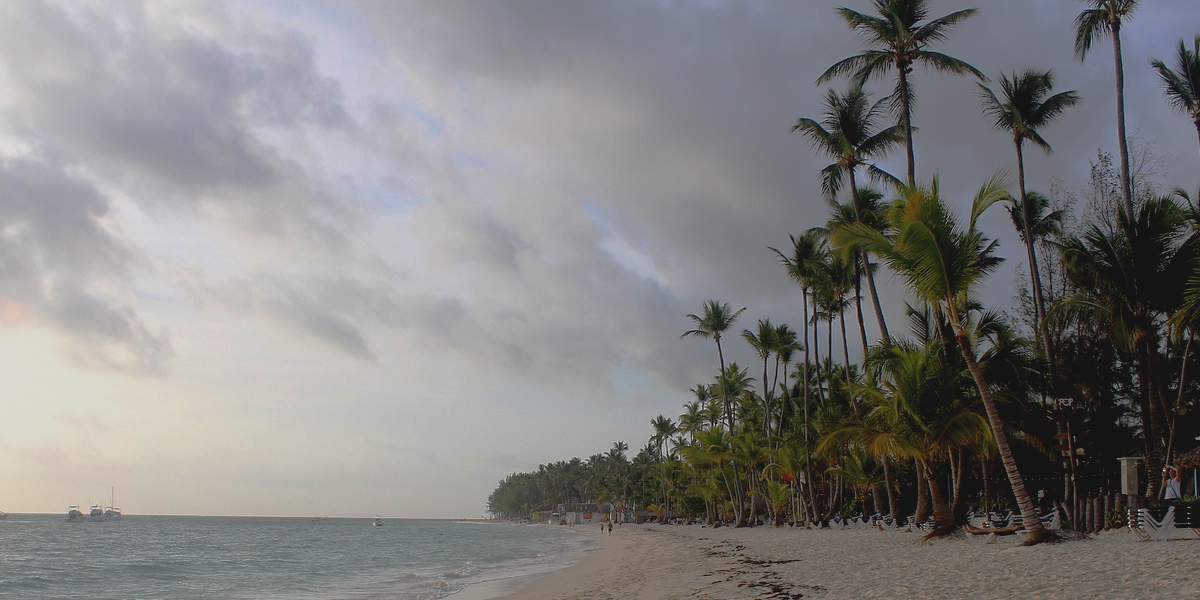 The average person spends 90,000 hours working over a lifetime. Research published last year in the JAMA medical journal indicated that life expectancy is now declining, having dropped from 78.9 years in 2014 to 78.6 in 2017, after having increased steadily for the previous decade. This can only mean one thing – everyone is working too much and not playing too little. Fortunately, there is a solution that should appeal to many people. The COVID-19 pandemic has proven that it’s possible to still be productive and effective, even if you don’t shlep to an office building every day, and working remotely has begun to attract a lot of attention. There are plenty of countries now where it’s possible to enjoy life more, even as you plug away on the computer to meet the boss’s erratic deadline changes.
The average person spends 90,000 hours working over a lifetime. Research published last year in the JAMA medical journal indicated that life expectancy is now declining, having dropped from 78.9 years in 2014 to 78.6 in 2017, after having increased steadily for the previous decade. This can only mean one thing – everyone is working too much and not playing too little. Fortunately, there is a solution that should appeal to many people. The COVID-19 pandemic has proven that it’s possible to still be productive and effective, even if you don’t shlep to an office building every day, and working remotely has begun to attract a lot of attention. There are plenty of countries now where it’s possible to enjoy life more, even as you plug away on the computer to meet the boss’s erratic deadline changes.
Iceland has long been a supporter of remote employment, having introduced a Work In Iceland program years ago. Initially, it was only for those living in Europe, but has been expanded to welcome anyone who doesn’t need a visa. Feel free to drop in for up to six months and work remotely, but be prepared – only those who make $88,000 or more a year need apply, according to Bloomberg.
If dealing with the cold doesn’t sound appealing, there’s a tropical alternative. Head to the Cayman Islands, where remote workers can stay for up to two years. Prop up against a palm tree on the white sandy beaches and tap away at the laptop keyboard while running your toes through the sand. This can potentially be a good alternative for couples, or families with children, as couples have to show they earn at least $150,000 a year, $180,000 for families. Individuals, however, have to show income of at least $100,000.
Antigua and Barbuda is making it a little easier for remote workers than either of the first two. Through its Nomad Digital Residence program, you can live and play in the Caribbean paradise for up to two years, as long as you earn $50,000 or more a year. The $1,500 application fee is money well-spent in order to get out of the cubicle and onto the beach.
There are plenty of options available for those who make less than that amount, too. Barbados, for example, doesn’t have a minimum income requirement for its Barbados Welcome Stamp program, which allows everyone to come in and work for up to a year. The only cost associated, apart from the obvious relocation expenses, is the application fee, which is $2,000 for an individual or $3,000 for a family.
Looking over the list – and it isn’t even exhaustive – there’s a common theme. The places most promising for being able to work remotely are tropical, and this isn’t a coincidence. Who doesn’t like the idea of being able to work freely while enjoying the awesome environment the ocean and beaches offer? Being productive and stress-free at the same time is what island living is all about.
